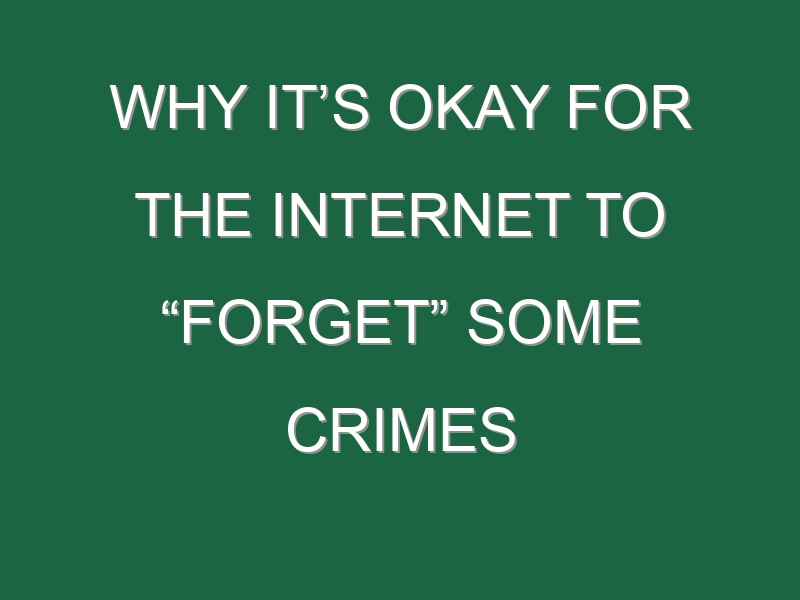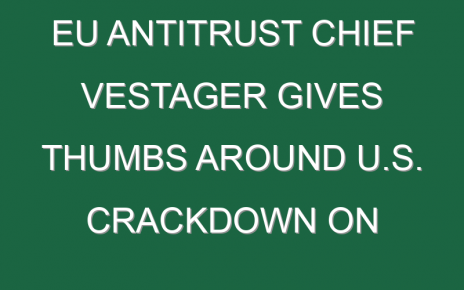This is the web version of Data Sheet, a daily newsletter on the business of tech. Sign up to get it delivered free to your inbox.
If you Google “Aaron Pressman arrested,” the results are pretty boring, mainly stories that I have written as a reporter about some crime or other, although one of those enticing data broker web sites promises someone with my name and about my age from Spring Valley, New York, “DOES have Court, Arrest or Criminal Records.” It’s not me. Maybe more importantly, if you click over to look at the image search results, there are no mug shots.
Google does not know all. I’m not the guy in Spring Valley, but I did manage to get in some trouble in the summer of 1994 when I was invited to a small wedding in a ski resort town north of Toronto. Bunking with the groom’s party of young men I did not know, we embarked on an evening walk the night before the main event. This walk led us across some of the ski trails, where one of the young men who had been drinking heavily, the best man, in fact, decided to climb a pole supporting the ski lift and then traverse the wire to the next pole, hand over hand. He didn’t succeed.
Thanks to some quick work by the local first responders and a medivac to Toronto, the young man survived. The rest of us? We were all arrested for trespassing. In a very blurry memory, I told a sergeant or maybe a magistrate that I was visiting from New York City and could not return for a court date some weeks hence. My offense was downgraded to “entering premises when entry prohibited” and I was fined $58.75 Canadian dollars. And since the best man had to be replaced, I was also bumped up to be in the wedding party. First and last time wearing a kilt.
The memories came rushing back to me last week when the Boston Globe announced a new initiative called “Fresh Start.” Under the program, anyone can apply to have previously published information about them updated, downgraded from search, or removed altogether. It’s a more limited (and more journalism-appropriate) version of Europe’s right to be forgotten. A committee set up by the paper will review all requests, setting “an especially high bar” for making changes about public figures or serious crimes.
“It was never our intent to have a short and relatively inconsequential Globe story affect the futures of the ordinary people who might be the subjects,” Globe editor Brian McGrory explains. “Our sense, given the criminal justice system, is that this has had a disproportionate impact on people of color. The idea behind the program is to start addressing it.”
The move, modeled after a two-year-old program by the Cleveland Plain Dealer, was quickly welcomed by some as long overdue and attacked by others as Orwellian censorship of history.
The Globe says that its effort starts as an experiment. While the idea is to correct for possible racial bias in the past operations of the criminal justice system and subsequent news reporting, it is yet to be seen if the program will achieve that goal.
But it’s also not Orwellian to recognize that the Internet—and the operations and decisions of a search giant—can hurt people in ways that are unfair, unjust, and unnecessary.
As to my own minor misadventure north of the border, I guess it’s going to show up in search engines from now on.
Aaron Pressman
@ampressman
[email protected]





